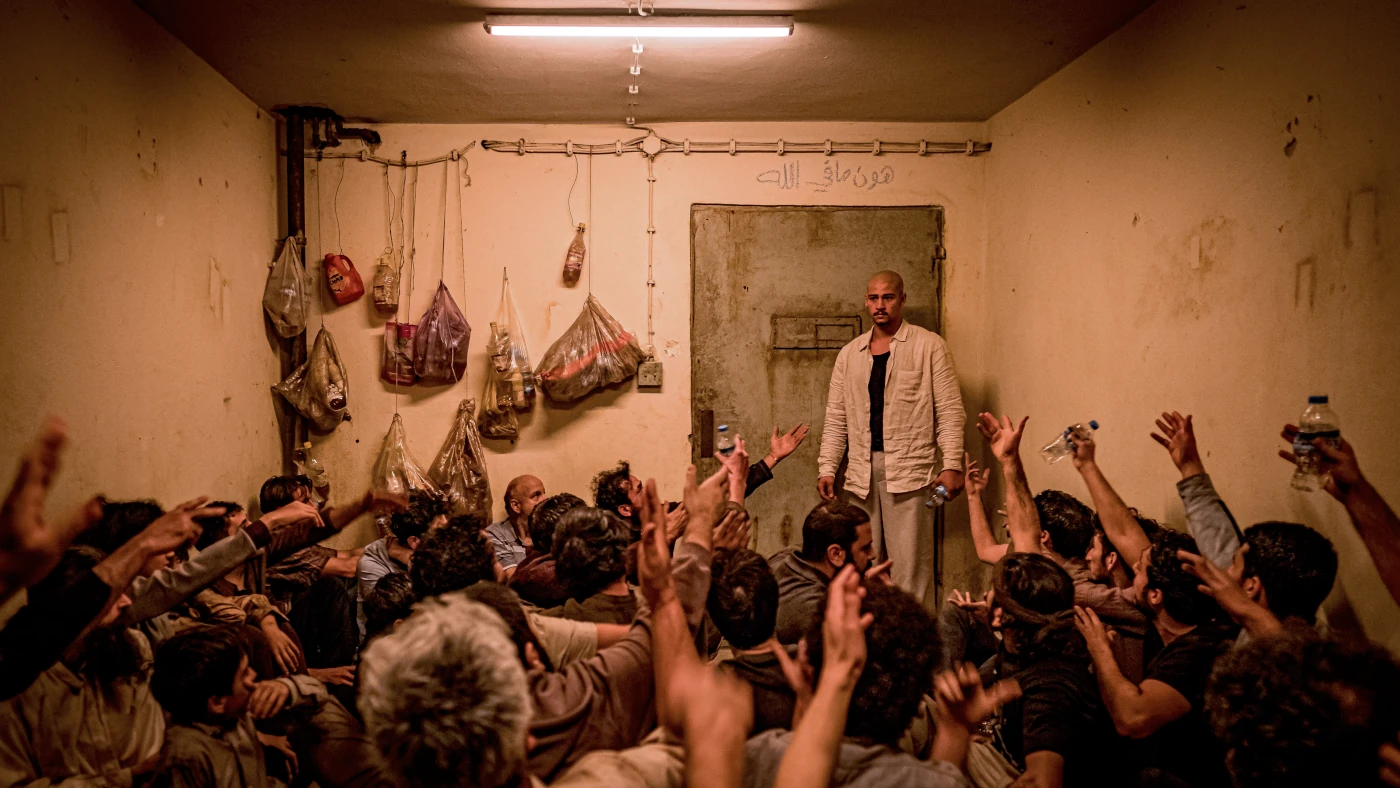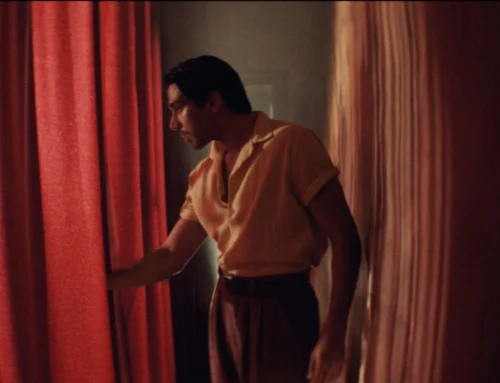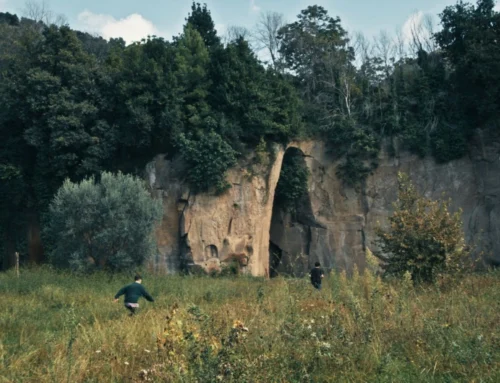Langreview Kurzkritik English Version Fakten + Credits
Hamburg director, actor and screenwriter Fatih Akin has long been one of the most important German filmmakers. It is above all his „Love, Death and the Devil“ trilogy that has made him famous. With AUS DEM NICHTS he even managed to win the award for best foreign language film at the Golden Globes. As the son of Turkish parents, his works are always dedicated to the lives of immigrants and look at social grievances. While it was announced that Xatar’s published biography „All or Nothing: In our country they say the world is yours“ was to be made into a film and several production companies expressed interest, the rapper and the director were already in constant dialogue via Instagram. When the opportunity arose, Akin finally jumped at the chance and took on the project because the musician’s life story is a fabulous mix of genres and he himself is fascinated by films that you can’t quite categorise.
This is what it is about
When a concert in Tehran is stormed by mullahs one evening, Giwar Hajabi’s parents are arrested and a world comes crashing down for the boy, who is just three years old. As part of the Kurdish minority in Iraq, they are considered enemies of Saddam Hussein’s regime. The start in life could hardly be more difficult, but after a few months in prison, the family is able to flee to Europe and find temporary protection in France, until they are finally able to settle in Bonn as asylum seekers. Considered outsiders, the struggle for survival ends, but now the adolescent has to face the social problems in Germany and find his own personal path to success. Not infrequently, obstacles are put in his way, but he does not allow himself to be intimidated, because he wants to offer his family a better life one day than he had himself.
Review
Rappers love to put themselves out there and are widely celebrated for it. Music platforms such as Spotify are flooded with the same insulting, sexist, gender-hostile and discriminatory song lyrics, which not infrequently call for violence and are sometimes highly questionable. It’s no coincidence that songs by the audience favourites are banned again and again, and the criminal records of the corresponding artists occasionally resemble a horror novel. It goes without saying that a cliché image quickly develops that does parts of the scene an absolute injustice and from which it is difficult to redeem oneself. Moreover, if criticism is levelled at the prestige of music makers, it is often seen as a debate of envy or is equated with a lack of musical and social understanding.
Whether Fatih Akin’s attempt to develop a realistic and positive image of Giwar Hajabi alias Xatar can be considered meaningful is also highly questionable. From dishwasher to millionaire is the motto of RHEINGOLD, except that instead of plates, one or the other face is polished in order to refresh one’s own status. Respect and prestige, money, power and fame – these are the only currencies that count, and these are demanded, if necessary, outside the law. For anyone who cannot offer this is a „nothing“, at least that is the specious opinion we have already been presented with in ZEITEN ÄNDERN DICH.
More appearance than reality
In this film, Akin traces the biographical path of the German entrepreneur, publisher, restaurateur, rapper and producer Xatar in brilliant cinematic quality, following a style that may be formally perfectionist, but is nevertheless not so dissimilar to the one that already characterised Uli Edel’s directorial portrayal of Bushido’s life. It is precisely this strong directorial performance, which Fatih Akin has not shown for the first time, that disguises questionable character traits and causes critics to be dazzled by the artistic brilliance. What is shown, however, is once again an image of an unscrupulous rapper suitable for the masses, who glorifies outrages and tries to polish up his own image with hypocritical self-criticism. This is legitimised by self-criticism that could not be more unpleasant, especially in the final scene. According to Akin, Xatar and he have many mutual acquaintances and friends, and as RHEINGOLD makes clear to us several times, cohesion is a matter of course in certain circles.
The film changes its image format several times and thus adapts perfectly to the respective mood of the content. The range of scenery is huge and not only includes several cities in Germany, but also crosses national borders. Akin also shows great courage in his depictions, which repeatedly produce extremely painful and shocking images. These are often not exactly easy for the audience to bear, which is why the work should be enjoyed with caution. Verbally, too, the director remains authentic and slips fluently from one language to the next. The score, of course, borrows heavily from the rapper’s work, but also incorporates music pieces by his family and friends. As the film itself tells us, the title also borrows from Richard Wagner’s opera „Das Rheingold“, although it is hardly a coincidence that this term is also synonymous with gold panning in the Rhine River.
 Conclusion
Conclusion
Sentences like „Giwar learned a lot about himself that he didn’t know before“ and „his life became even truer through the film than he himself remembered“ only partly suggest that this is a really good film. Instead, the impression is that RHEINGOLD is a fairy tale narrative based on the rough life of Xatar, creating a fantasy world in which the rapper himself would want to live. This is even garnished with the idiosyncratic final moral: as long as the nonsense you spout is bad enough in your life, everything will eventually be fine and with the onset of success, it doesn’t matter what happened before. Packed with wonderful staging, Fatih Akin thus doesn’t show any nerve in his directorial work, but disappoints all along the line in the script development. Nevertheless, it is to be expected that the work will create enthusiasm among the audience.
How did you like the movie?














Hinterlasse einen Kommentar